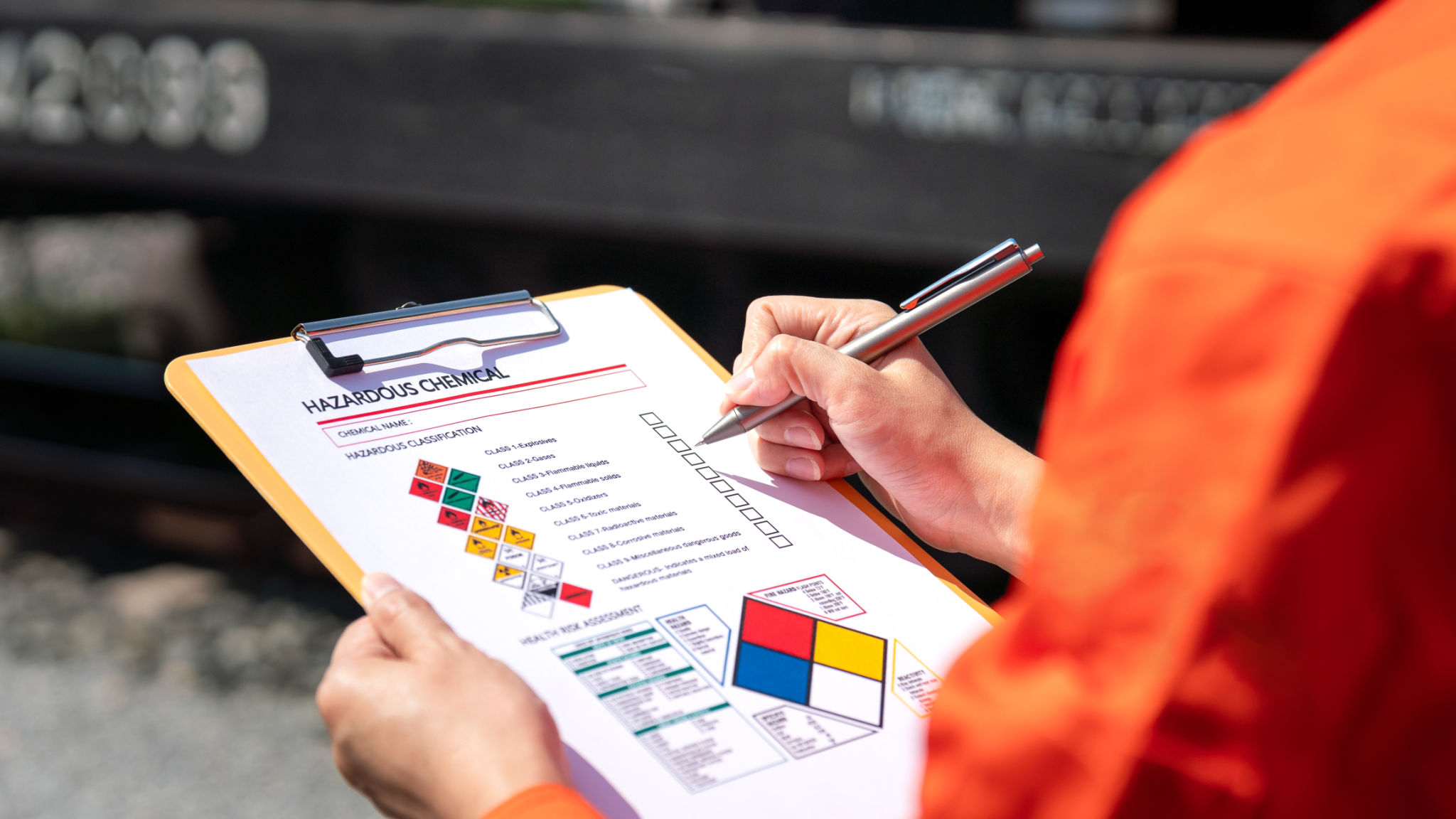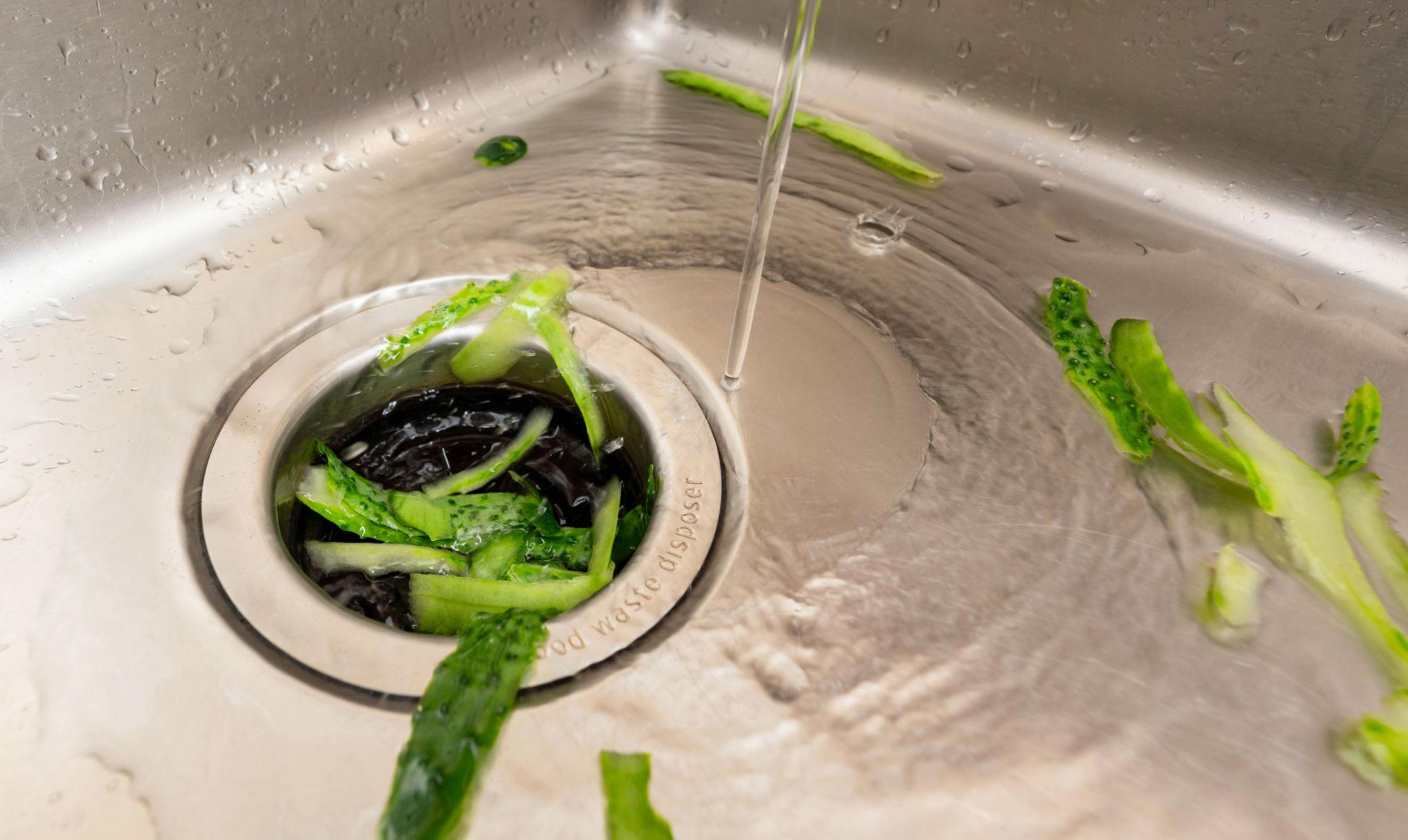Navigating Hazardous Waste Regulations in Metropolitan Manila
Understanding the Basics of Hazardous Waste Regulations
Managing hazardous waste is a critical concern for businesses and municipalities, especially in densely populated areas like Metropolitan Manila. The Philippines has specific regulations in place to ensure that hazardous waste is handled, stored, and disposed of safely to protect public health and the environment. It's crucial for businesses to stay informed and compliant with these regulations to avoid penalties and contribute to sustainable practices.

The Role of the Department of Environment and Natural Resources (DENR)
The Department of Environment and Natural Resources (DENR) is the primary regulatory body overseeing hazardous waste management in the Philippines. They implement the Environmental Management Bureau's guidelines, which outline the procedures for proper waste handling. Key regulations include Republic Act 6969, also known as the "Toxic Substances and Hazardous and Nuclear Wastes Control Act," which sets the framework for waste classification and management.
Classification of Hazardous Waste
Understanding how hazardous waste is classified is essential for compliance. The DENR categorizes waste based on its potential impact on health and the environment. Some common types of hazardous waste include:
- Chemical waste from industrial processes
- Medical waste from healthcare facilities
- Electronic waste, such as old computers and mobile devices

Steps for Compliance with Hazardous Waste Regulations
Complying with hazardous waste regulations involves several steps. Businesses must first conduct a waste audit to determine the types and quantities of waste produced. This audit helps in understanding how to segregate and store waste properly. Once identified, proper labeling and storage according to regulatory guidelines are crucial to ensure safety and compliance.
Proper Disposal Methods
Disposing of hazardous waste requires adherence to specific methods. The DENR provides guidelines on approved disposal facilities and techniques, such as incineration or secured landfilling. Businesses must partner with DENR-accredited transporters and treaters to ensure that their waste is managed responsibly. Failure to do so can result in severe penalties, including fines and legal action.

Training and Awareness
An often overlooked aspect of compliance is training employees. Providing regular training sessions can help staff understand the importance of proper waste management practices. This training should cover identification, segregation, storage, and emergency procedures related to hazardous waste. Cultivating a culture of environmental responsibility within the organization can lead to more effective compliance.
The Benefits of Compliance
Adhering to hazardous waste regulations not only avoids legal issues but also brings several benefits. It enhances a company's reputation by showcasing its commitment to environmental stewardship. Additionally, it minimizes health risks to employees and the surrounding community while contributing to sustainable development goals.
In conclusion, navigating hazardous waste regulations in Metropolitan Manila requires diligence, awareness, and a proactive approach. By understanding the regulatory landscape and implementing robust waste management practices, businesses can play a significant role in protecting the environment and public health.
